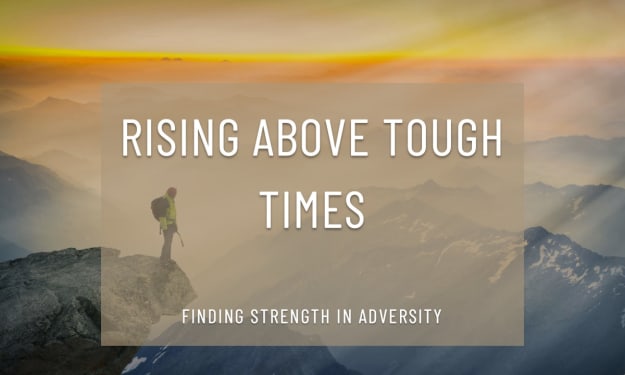Learning habits: absorbed or controlled by habits?
habits

Habit is a behavior pattern.
To form a habit, you need to engrave a behavior module into your brain. When you need to use it, you can skip other redundant calculation and analysis links and call it directly, similar to listing specific behaviors in the "VIP" green channel.
Habits are good and bad. The difference lies in whether the habit itself is beneficial to an individual organism.
But no matter what kind of habit it is, its basic purpose is to save physical strength or energy in behavior and improve the efficiency of behavior.
We practice a sport for a long time, such as swimming, table tennis, badminton, and so on. After forming the habit, we can more directly mobilize the muscles in specific positions to exercise. When we do these actions before we form a habit, we will use many useless muscles. Because we do not know the role and use details of these actions, we just imitate this action in shape, so we need to mobilize a lot of muscles to find posture and fine tune the strength. And when we form the habit of action, we don't need to waste so much energy to "explore" an action, but can directly reach the goal in one step!
We practice a thought for a long time, such as analysis, deduction, etc. After forming the habit, we can directly mobilize the functional areas of the brain to perform calculations. Similar to sports, before we know the answer to a question, we need to mobilize many functional areas for collaborative computing. But when we know which part of the knowledge block a problem belongs to, we can mobilize the corresponding functional area to perform the calculation.
The same is true of other living habits. The cultivation of habits is to save physical strength or energy and improve efficiency when behaviors occur. This is an excellent gene retained in the process of biological evolution, which can help organisms save energy and improve efficiency in harsh natural environment. After all, in the wild, most animals don't have enough to eat and wear, and the behavior mode of low energy consumption and high efficiency is crucial for survival.
Strictly speaking, when we form habits, we both absorb them and are controlled by them. More strictly, it is precisely because we need a low consumption and efficient behavior model that we choose to form habits. We need to be "controlled"! Passive state can save energy and is very portable.
Learning habits can also be good or bad. The development of good learning habits can improve your learning efficiency and effect under normal circumstances, while bad learning habits are the opposite. In particular, some habits may have a long-term impact on your life. For example, from the perspective of lifelong learning, reading habits follow and affect people's life, and writing habits are also one of the necessary habits in life. The formation of these good habits will benefit you for life. If you have formed bad habits in the past, it will be difficult to readjust them later. You need to pay more effort and time. We often think that only good habits can help us positively. As long as bad habits are controlled, they will have a negative impact on us. However, in the current real life, there are also many people who develop habits for the sake of habits themselves. Although they are good habits, they become mere formality and cannot bring about substantial help to themselves. This is really controlled by habit.
We should form our own habits, so that we can become the masters of the habits, instead of being formed into bad habits by the bad habits that are formed unconsciously at ordinary times, and finally become slaves controlled by the habits
About the Creator
Enjoyed the story? Support the Creator.
Subscribe for free to receive all their stories in your feed. You could also pledge your support or give them a one-off tip, letting them know you appreciate their work.





Comments
There are no comments for this story
Be the first to respond and start the conversation.